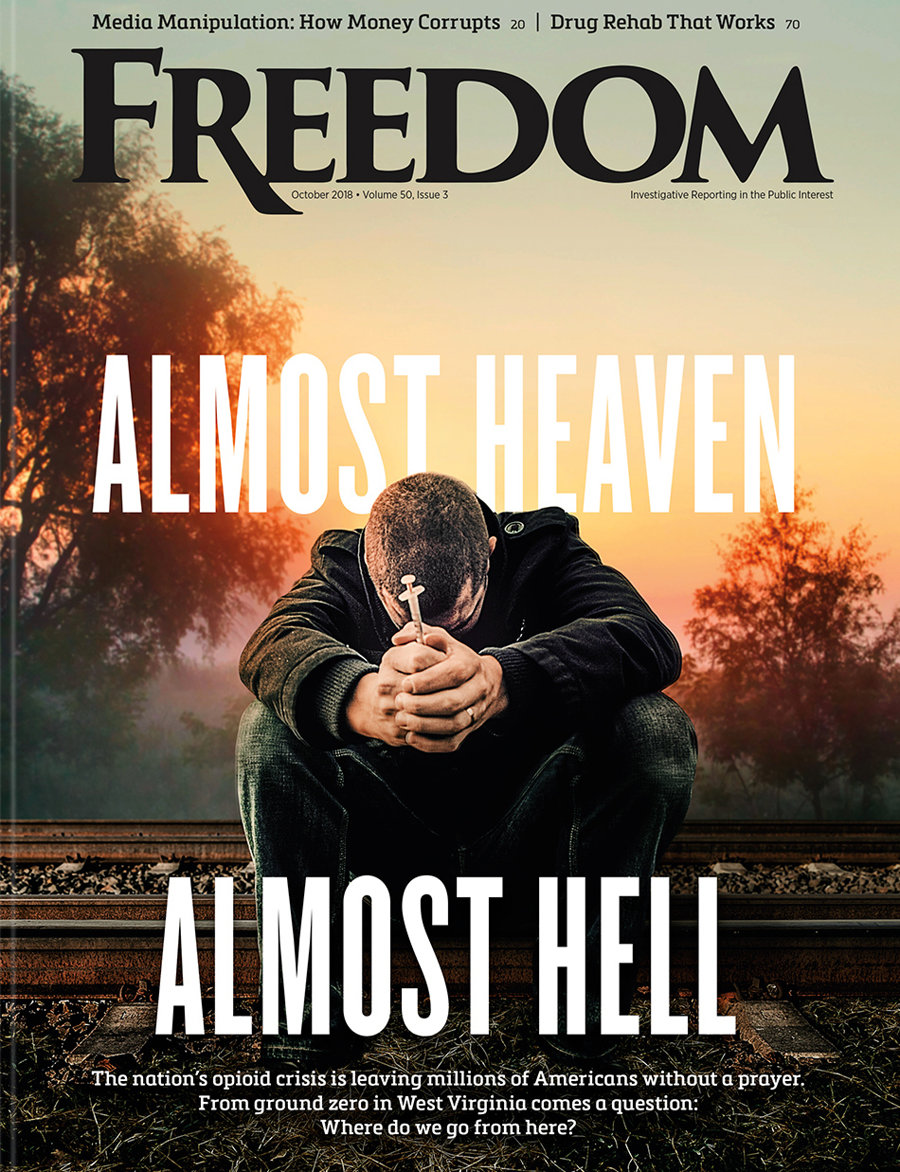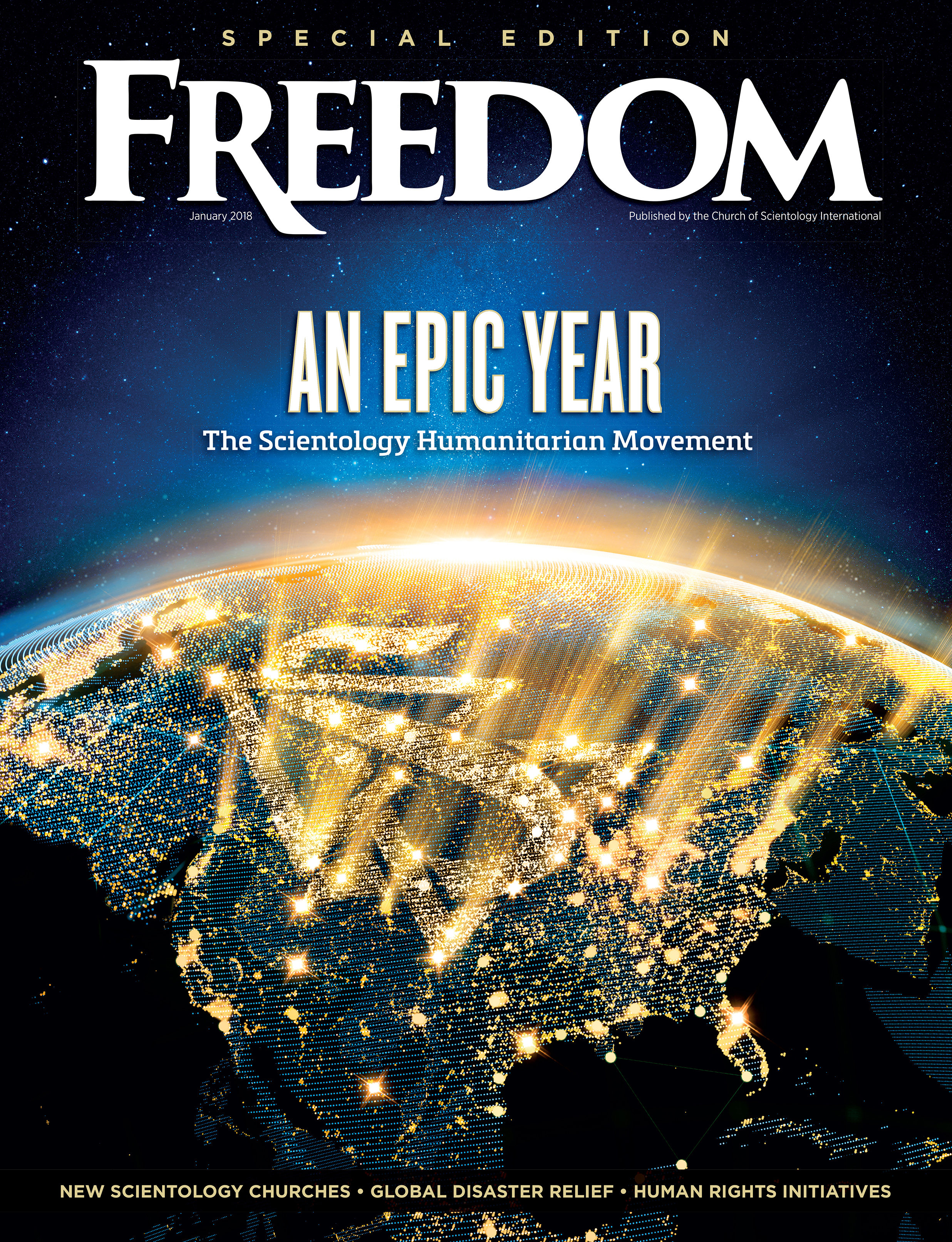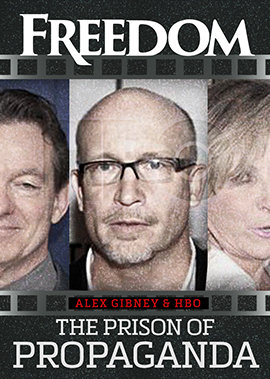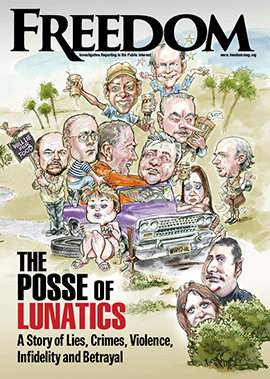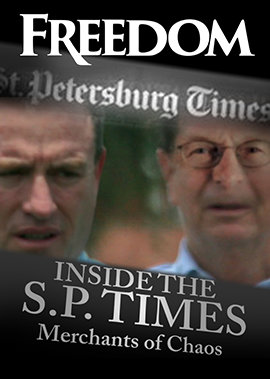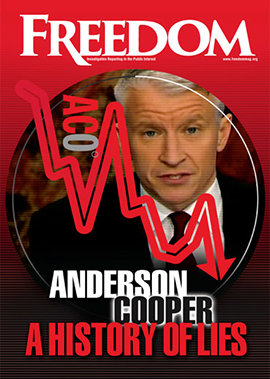Yet, with so many authoritarian regimes targeting religion as Public Enemy Number One, and with one-third of the world’s nations criminalizing one or more faiths, there are yet millions who continue to risk imprisonment and death by living their belief, and myriad others who risk as much to speak out for those who have been silenced.
Hence, the mission of the United States Commission on International Religious Freedom (USCIRF), now marking the 27th anniversary of its creation by the International Religious Freedom Act of 1998 (IRFA). USCIRF, an independent, bipartisan federal agency within the legislative branch, is empowered by IRFA to defend religious liberty worldwide.
“No person anywhere should be denied the fundamental freedom of religion or belief.”
The law mandates monitoring religious freedom abroad, designating countries committing “particularly severe” abuses as Countries of Particular Concern (CPCs), and recommending US government actions to pressure foreign governments to respect this fundamental right.
USCIRF works with lawmakers, journalists, secular and religious leaders, NGOs and concerned citizens around the world to hold nations accountable for violating the right to freely believe and practice one’s faith. It hears victims, their families and representatives who relate accounts of being tortured, imprisoned, disappeared or murdered because of what they believe—or don’t believe.
“With the many blessings enjoyed by the United States comes a moral imperative to model and share those blessings,” then USCIRF Chair Stephen Schneck told Freedom on the occasion of USCIRF’s anniversary last year. “Whether you believe these blessings are owed to providence or to the fortunes of history, the responsibility cannot be shrugged.... Without the United States taking the lead among nations in protecting and promoting the rights of religious freedom and belief, millions more around the world would be without them.”
And as current USCIRF Chair Vicky Hartzler put it for this latest anniversary, “IRFA has allowed the United States to keep a shining light on religious freedom abroad. Furthermore, IRFA has brought leaders together from both political parties to confront persecutors and stand with the persecuted. No person anywhere should be denied the fundamental freedom of religion or belief.”
USCIRF has had a busy year. Its annual report, delivered to Congress this spring, painted a grim picture of the current state of the most basic human right: 16 nations recommended for CPC designation for egregious violations of their people’s right to worship and live out their beliefs, and 12 more recommended for a Special Watch List (SWL) for their particular religious freedom abuses. The SWL is composed of nations that are beginning to cultivate an appetite for stifling their citizens’ birthright to practice their faith.
Then, later in the year, USCIRF cheered a newly introduced bipartisan resolution, calling on America to stop dragging its feet and reassert its leadership in championing religious freedom. In recent years, the resolution says, the US government has continued to engage, trade and maintain normal relations with countries that blatantly flout this universal human right. The measure urges America to hold such nations accountable.

Because, in the end, if the US doesn’t intervene, a far grimmer fate awaits those nations that seek to stamp out religious freedom.
“Countries that repress religious freedom are more likely to be unstable and violent than those that protect it,” said Schneck. “As a result, promoting religious freedom is not only a matter of humanitarian concern, it is a matter of international security and peace.”
But why do governments, especially ones with heavily armed law enforcement at their beck and call, and some even possessing military might in the hundreds of thousands and firepower in the megatons, fear something that cannot be seen, heard or touched?
Why bother throwing a Christian pastor in jail, as Algerian authorities routinely do; shutting down a religious gathering of Jehovah’s Witnesses, as in Indonesia; or withholding exam results from dozens of Muslim women in Sri Lanka for the “crime” of wearing a religious head covering?
These people aren’t armed. They pose no immediate violent threat to the nations that oppress them. So what are these governments so terrified of?
The answer is this: Faith cannot be defeated. A regime that demands complete subservience to its will knows it cannot protect itself against ideas, nor can it kill belief with bombs and mortar rounds. Deference to a Higher Power, one not subject to whims and politics, is something that cannot be tolerated by such a ruling class.
Which is why agencies like USCIRF, along with others that follow its example—the UK’s Special Envoy for Freedom of Religion or Belief, the Council of Europe, the Organization of American States and others—must be listened to.
If governments have the last word on where faith begins and ends, that last word may very well be the final one gasped amid the rubble of what was once a civilization.






